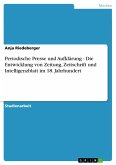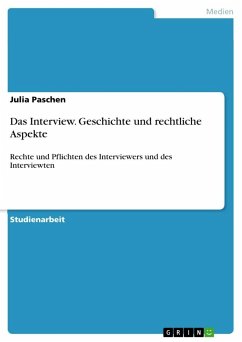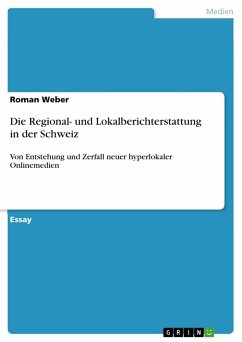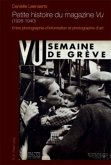Vilna (Polish Wilno), modern Vilnius and capital of Lithuania, was the traditional spiritual and intellectual centre of Jewish thought in the Russian Empire. It was often referred to as the 'Jerusalem of Lithuania', a term that has now come to stand for the lost world of Jewish life in Europe. Most people today learned what they know about this Vilna from autobiographies or personal memoirs. This book takes a more objective look at how Vilna became a uniquely important centre of the Jewish press. In particular it follows the development of the Jewish press within the context of modernising Imperial Russia during the second half of the nineteenth century.
Vilna is revealed as an important centre for the Jewish Socialist movement, the Bund, towards the turn of the nineteenth century and in the years running up to the 1905 Revolution. Bundist journalism is discovered to be the sponsor of a Jewish cultural ideology called Yiddishism.
Vilna is revealed as an important centre for the Jewish Socialist movement, the Bund, towards the turn of the nineteenth century and in the years running up to the 1905 Revolution. Bundist journalism is discovered to be the sponsor of a Jewish cultural ideology called Yiddishism.
«Jedem aber, der sich für die jüdische Presse in Europa vor dem Zweiten Weltkrieg interessiert oder das vorhandene Material unter verschiedenen Gesichtspunkten erarbeiten möchte, dem sei dieses Buch als wichtige Informationsquelle und Einführung empfohlen.» (Diana Matut, Publizistik)
«Susanne Marten-Finnis has opened up a hitherto unknown field. She has not only brought to light the importance of Vilna's Jewish press for the modernization of Jewish life in eastern Europe, she has also set out new ways to study the origin and development of Yiddish as a modern language. Her book ist an excellent introduction to a fascinating subject.» (Rena Fuks-Mansfeld, International Review of Social History)
«Susanne Marten-Finnis has opened up a hitherto unknown field. She has not only brought to light the importance of Vilna's Jewish press for the modernization of Jewish life in eastern Europe, she has also set out new ways to study the origin and development of Yiddish as a modern language. Her book ist an excellent introduction to a fascinating subject.» (Rena Fuks-Mansfeld, International Review of Social History)








